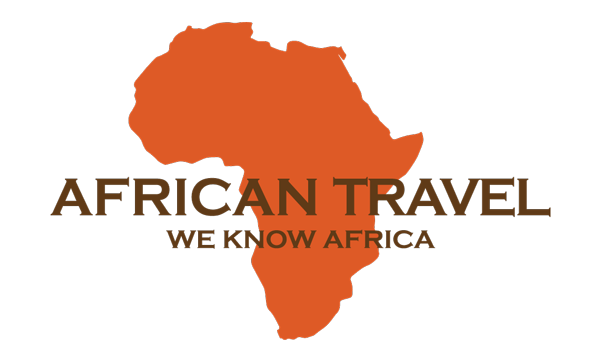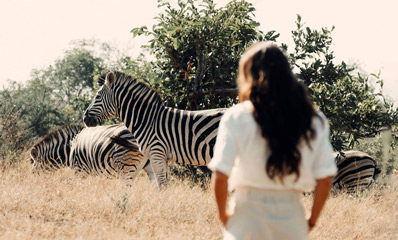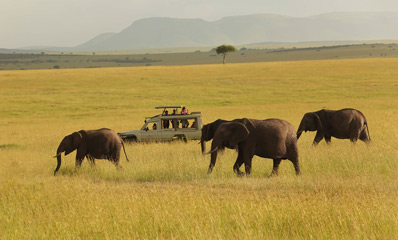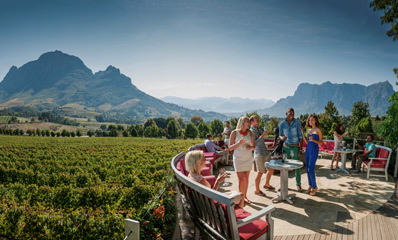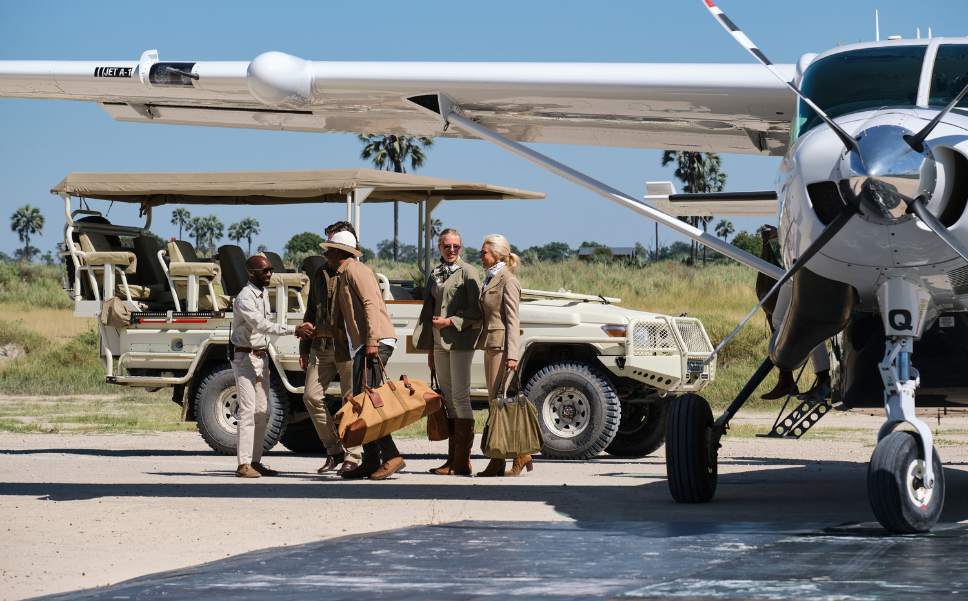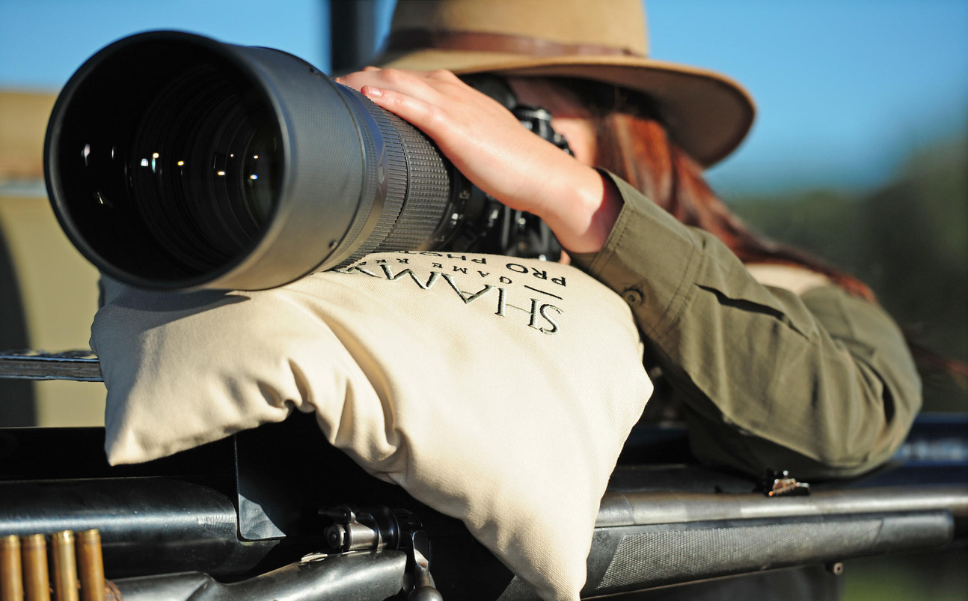LUXURY AFRICAN SAFARIS
Embark on an extraordinary adventure with African Travel, where the wilderness of African safaris meets expertly curated luxury experiences. With over four decades of expertise, we design personalized journeys, connecting you with Africa’s captivating wildlife, cultures, and landscapes. Join us in uncovering the exceptional wonders of Africa on an adventure that will forever etch itself into your heart and soul.
Explore Africa on a Small Group Journey
Save up to $500 per person on select small group safaris
Safari, Your Way
Just as no two zebras have the same stripe pattern, no two travelers are alike. That's why we cater luxury safaris to various travel styles, focusing on each guest's individual needs.
About Us
We're passionate Africa enthusiasts, crafting authentic adventures while championing wildlife conservation and local communities. Our team has explored every corner of the continent — when we say We Know Africa, you can rely on us to craft your perfect safari.
LEARN MOREFrom a range of luxury accommodations to our VIP airport services, expert local guides, luxury amenities, private tours, and 24/7 support, our experiences deliver an elevated and worry-free journey.
LEARN MORESoar above the savanna on a hot air balloon, sleep under the African stars in a treehouse, learn wildlife photography, and spend a day with an anti-poaching unit. Our safari experts will guide you to discover the perfect experiences for your African journey.
LEARN MOREWhy Safari
Nothing compares to the magic of an African safari. It offers a rare chance to connect with nature, diverse cultures, and one another. Many describe it as life-changing. Experience the magic of the wild for yourself. Get a glimpse of what a day on safari looks like.
